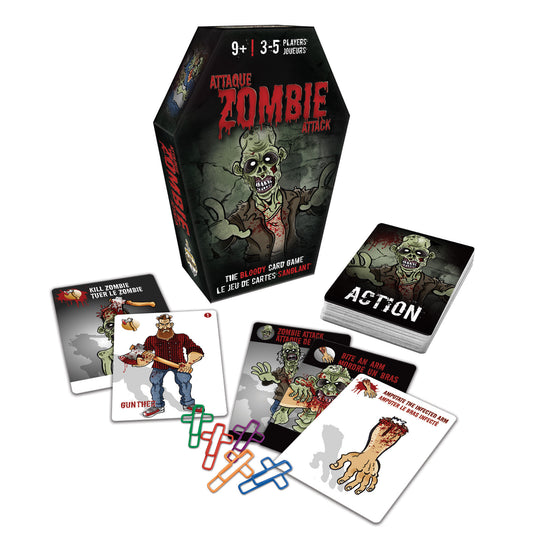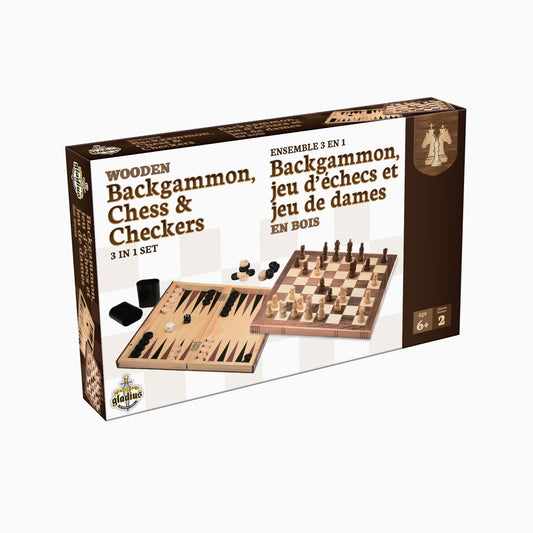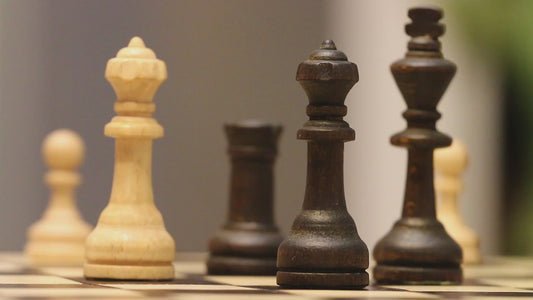
Management of impulsivity
A little theory
Managing impulsivity is crucial to healthy, balanced development. As child psychologist Dr. Alan Kazdin explains: "The ability to regulate impulses is a key skill for success in many areas of life, including social interactions, academic achievement and children's emotional well-being" (Kazdin, A.E. "The Kazdin Method for Parenting the Defiant Child", 2008).
How to develop it
Psychology professor James E. Maddux stresses the importance of providing children with opportunities to practice managing impulsivity through play activities: "Games offer an ideal training ground for developing self-control and the ability to resist impulses. By encouraging children to play games that require strategic thinking and thoughtful decision-making, we can help them develop skills essential for success in life" (Maddux, J.E. "Psychology: The Adaptive Mind", 2018).
To improve impulsivity management in children, we could, for example, use the board game "Simon". In this game, players have to follow an increasing sequence of colors and sounds by pressing the corresponding buttons. To help develop impulsivity management, children can be encouraged to take their time and observe the sequence carefully before reacting. Parents or educators can introduce additional rules, such as having to repeat the sequence aloud before following it, or pausing to take a deep breath before responding.
So, by choosing games that encourage reflection, planning and decision-making, parents and educators offer children a valuable opportunity to develop their ability to manage their impulses in a thoughtful way. These playful activities provide a safe and engaging environment where children can practice and reinforce their impulse control skills, preparing them to meet the challenges of everyday life.
References
Kazdin, A.E. "The Kazdin Method for Parenting the Defiant Child", 2008.
Maddux, J.E. "Psychology: The Adaptive Mind", 2018.





